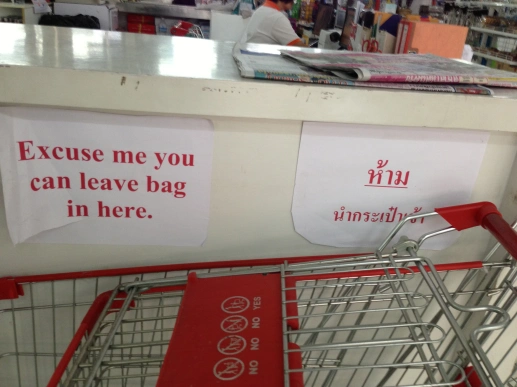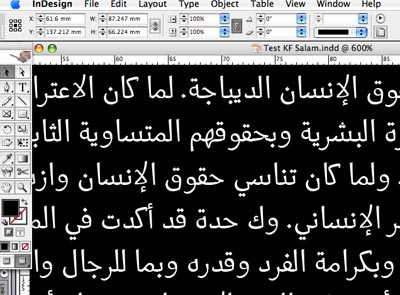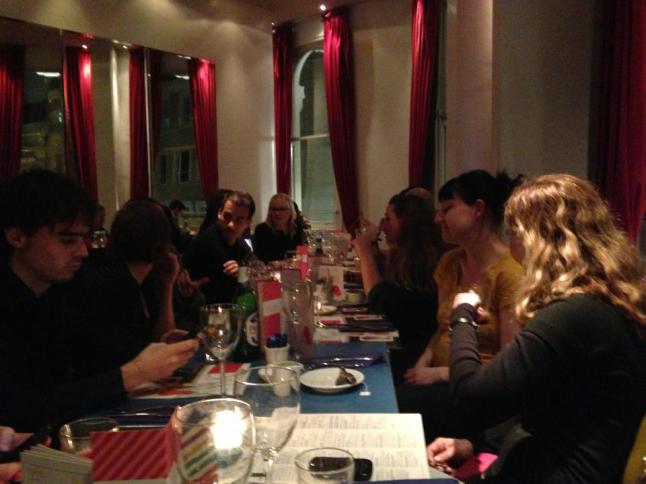 Have you recently made THE BiG step and decided to become a freelancer? You can be proud of yourself – it takes a lot of courage to take the plunge.
Have you recently made THE BiG step and decided to become a freelancer? You can be proud of yourself – it takes a lot of courage to take the plunge.
We all know it’s not easy to start from scratch. Most of the time, you start with zero client, which means you may find yourself struggling with your finances and your morale but hey, you have to start somewhere, right?
Having little work at first isn’t necessarily a bad thing. I know the ultimate goal is to make money, but having some free time can allow you to devote a certain amount of time on things you couldn’t usually focus on. In this post, I have compiled 10 tips to get started as a freelance.
#1 Keep Translating Even If You Don’t Get Any Projects: not having any clients doesn’t mean not doing any translation. First, you need to keep practising if you don’t want to lose what you learned. Keep in mind the “use it or lose it” expression. And believe me, it takes much longer to learn skills than to forget them. Also, if you’re into literary translation, now is the perfect time to work on you sample translations so you can send them to publishing companies.
#2 Get Some Information About Translation Memberships And Affiliations: clients tend to pay a lot of attention to memberships, affiliations and compliance. Try to get as many of them as possible. Also try to get these quite early in your “journey as a translator”, since you will have to prepare a CV and perhaps a website. You want these to be top-notch as early as possible to maximise your opportunities.
#3 Use Social Media To Get More Visibility: social media is now playing an important part in the translation sector. People used to think of translators as invisible anti-social weirdos. These days are over and a lot of them are now out there, developing and promoting their brands. You will have to do that too if you want to get yourself known.
#4 Meet With Other Linguists: you may think of it as being a waste of time but frankly, I should probably have put this tip at the top of my list. Translators are perfectly placed to advise you on what to do/not to do and it’s a great opportunity to share your experience. If you meet the right people, you may learn a lot from them as it is likely they faced the same challenges as yours. See my post about London Tweet Up for a concrete example.
#5 Improve Your Working Languages Or Learn A New One: you just got started and don’t have that many clients, right? Well, now is the perfect time to improve the languages you already know and/or learn a new one. Think about it: how beneficial would it be if you devoted only 4 hours a week to this? I’d also recommend that you develop skills that are not necessarily language related but that could enable you to offer a wider range of services.
#6 Dedicate At Least 2 Hours A Day To Direct Clients Prospects: ouhouhou. Does this step scare you? Ok, a lot of translators would never do that. But working myself as a Sales Manager (for a London-based translation agency), I know how crucial prospecting is if you want to develop your business. No matter how good you are, people won’t buy from you just like that. You’re gonna have to go and get them. So spend at least 2 hours a day prospecting (cold-calling, emails, research…)
#7 Apply To Agencies: working for an agency is not that easy. Usually, they work with the same linguists and will only start using you when they are stuck for a project or if you know an insider personally. But it doesn’t mean you shouldn’t send your CV. You may be surprised and who knows, they may call you when they are in big trouble, you help them, they are happy and boom, your relationship with that agency was born :-)
#8 Take Up A Sport: as a translator, it is very likely you will spend most of your days sitting in front of your PC. There is a high chance you will also be tempted to eat bad things at your desk every now and then. Get a membership at your local gym and try to do 2.5 hours of exercise a week.
#9 Have A Rhythm Of Life: you are now a freelancer and have to manage your own time. Believe me, you will be tempted to sleep in and to postpone all sorts of things you don’t particularly want to do. DO NOT fall in the trap! It only takes 21 days to change a habit, so suck it up, wake up at a decent time and organise yourself. Make sure you work (i.e. do one of the above) for at least 8 hours a day.
#10 Manage Your Finances Wisely: there may be times at the beginning where you get a lot of projects and thus a lot of money. You probably heard of the “feast or famine” concept translators go through. If this happens, make sure you can manage your finances and don’t splurge your money. You don’t know if you will get the same amount of work next month. It works both ways though, so if you don’t get anything for a couple of weeks, don’t lose faith, something may come up at least expected.












